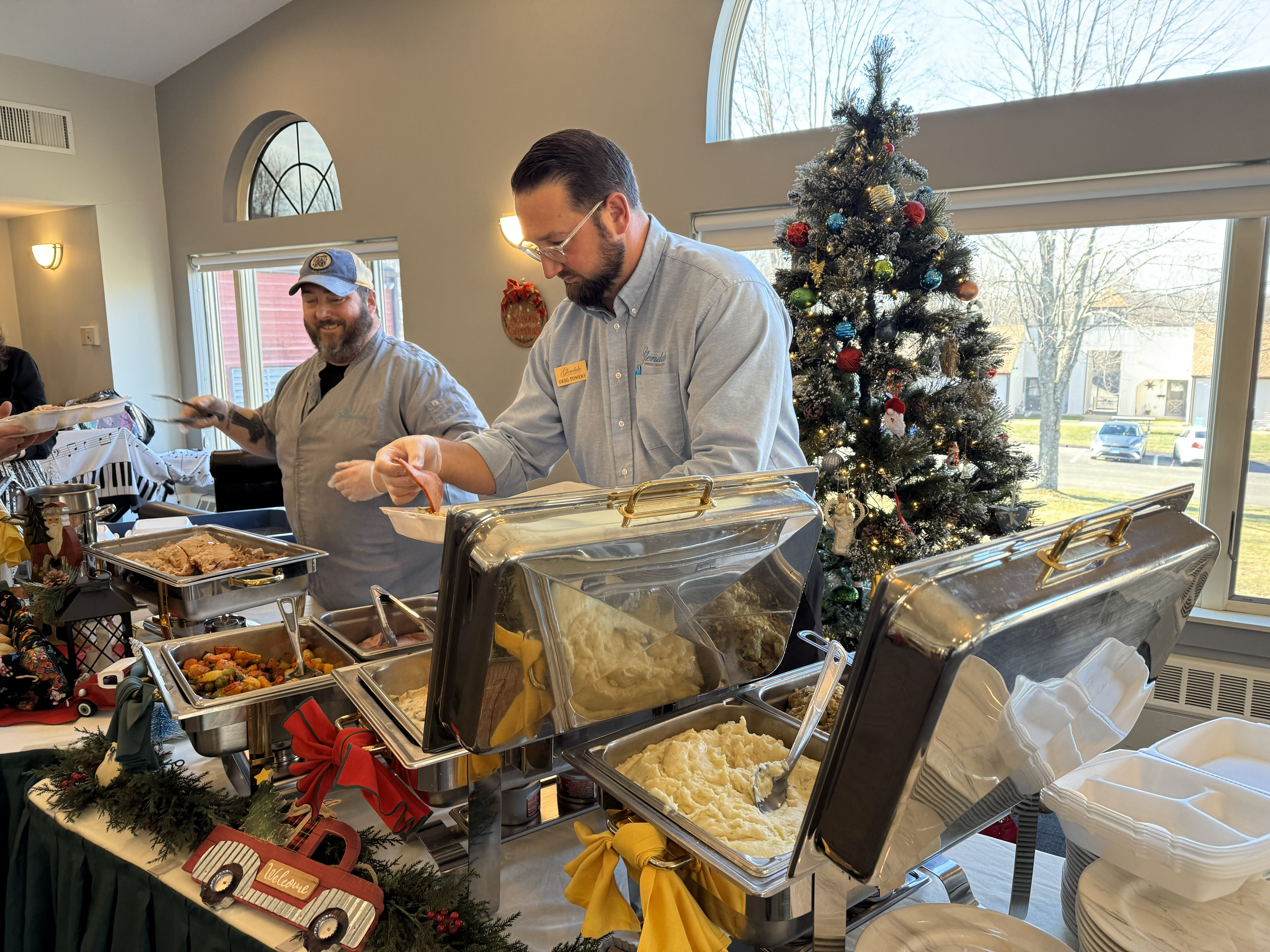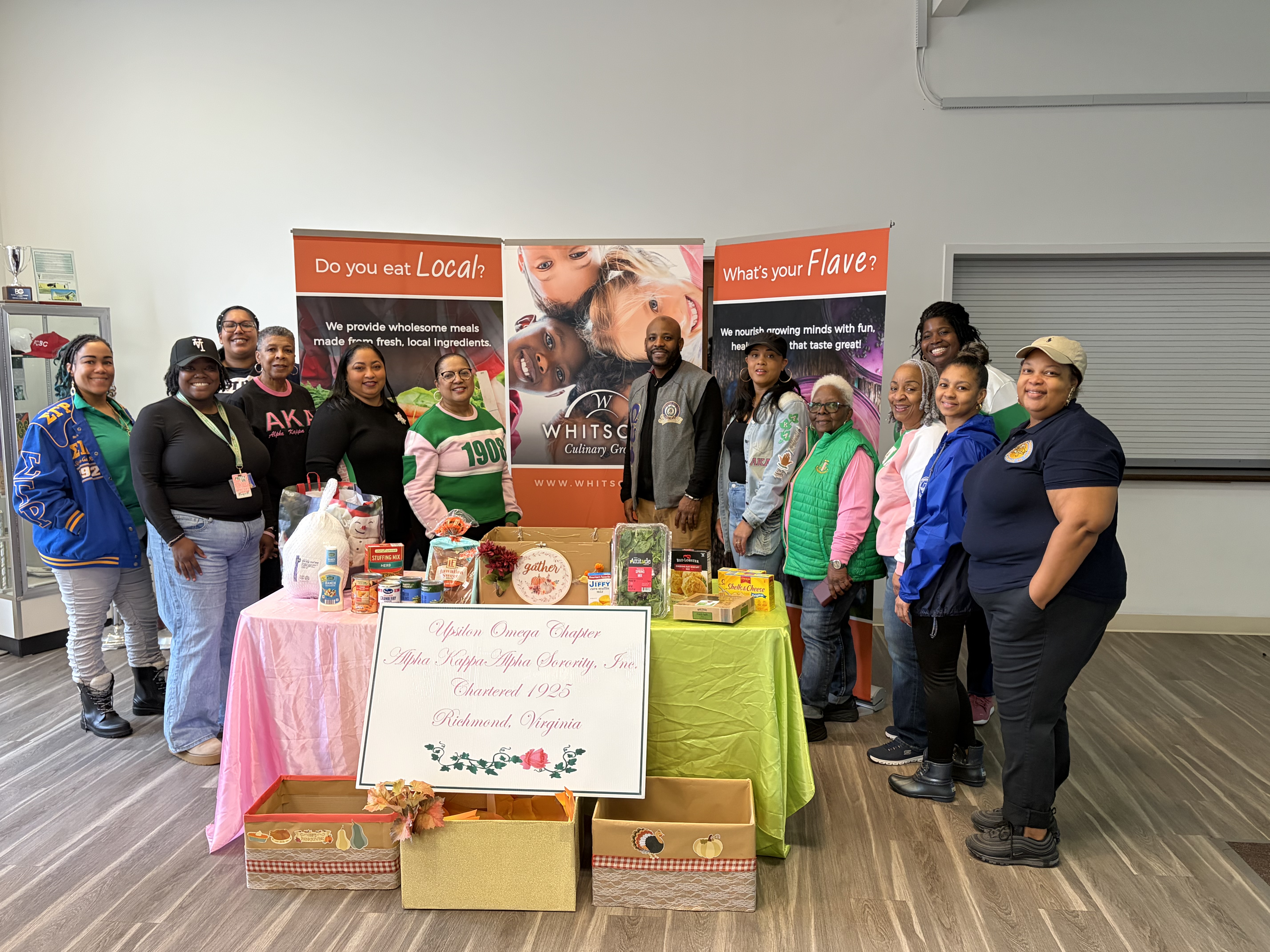Be Prepared – Top 10 Survival Essentials
All of our support goes out to those who have been affected by the recent COVID-19 pandemic. It is during these times that we are reminded how fragile life is, and how important protecting ourselves and our loved ones is in an emergency. Recent circumstances have reminded us of the importance of taking the time to prepare for food, alternate shelter plans and supplies needed for basic emergency survival in the wake of any kind of disaster.
To ensure the continued safety of your family during foreseen and unexpected emergency situations, here are the top ten essentials you should always have on hand at all times, in no order of importance:
1. Bottled water, juice, canned/boxed milk. Make sure you have a minimum 1–2-week supply on hand to ensure adequate hydration. Some people also own basins and a water purification system to collect rainwater and make it drinkable.
2. Non-perishable Food. Always have an ample supply of non-perishable (unrefrigerated) food on hand. If you have canned food, make sure you have a hand-held can opener in case of a power outage. Include protein-rich foods, such as trail mix or energy bars, peanut butter, canned fish and beans. Rice and oatmeal are also good to have on hand, as are dried fruits, dehydrated vegetables and seasonings. Households with babies and pets should plan on extra food supplies as well.
3. Shelter Alternatives. Pre-plan where can go in an evacuation emergency. Have a list of shelters or friends or family you can stay with in case you ever need to leave your home, and the various routes you need to get there in case of road/transportation closures. If you have a pet, make sure in advance that they are pet friendly.
4. Emergency Plan. Make sure you have printed out your emergency plan: your contact numbers for friends and family, shelter information, emergency hotlines, how you would travel if mass transportation was closed down, etc. You cannot rely on your information stored electronically; it must be readily available to you. Store in a secure, fireproof lockbox that you can grab easily in case of an emergency. Include in this box important documents and some emergency cash.
5. First Aid Kit. Having the basics, such as antiseptics/alcohol swabs, antibiotic ointment, band aids, gauze pads, bandage tape, ace bandage, tweezer, needle and thread, antihistamine, a fever reducer, vitamins, sunblock and any other medications you may need. Also, make sure you always have an adequate supply of any refillable prescription medication; never let it run down to your last dose before reordering in case of an emergency.
6. Lighting. In cases of power outages, always make sure you have plenty of flashlights, candles, batteries (lots of them and all different kinds!) and matches/gas lighters available. These items are usually the first to run out at stores during an impending crisis, so it is best to always have a full stock of these supplies accessible in your home.
7. Sources for Warmth. Have plenty of blankets, sleeping bags and layered clothing around in case you find yourself without heat. Gas heaters, gas fireplace or an outside (enclosed) firepit* also come in handy as sources for warmth. *For safety reasons, make sure this is away from the house and safely contained away from shrubs, bushes or other flammable items.
8. Sanitation and Hygiene. Create an emergency hygiene pack containing toilet paper, baby wipes (even if you don’t have a baby), extra toothbrushes, hydrogen peroxide/disinfectant, hand sanitizer, extra feminine care products, saline solution and soap.
9. Tools. There are certain survival tools you should own an extra set of as part of a survival kit. A sharp knife, rope, flint, whistle (to call for help), flares, plastic trash bags and tarp are among the items you should own for safety reasons.
10. Radios. Battery operated radios (with extra batteries on hand) are an important way to stay connected to the world around you during an emergency and continue to receive the information you need to stay safe. It’s also a great way to pass the time listening to music!
It never hurts to be prepared! For those with kids, you might want to add #11: Sources of non-electronic fun, such as board games, cards, art supplies and books. You definitely want an emergency backup plan for keeping them entertained!
View All Blogs









